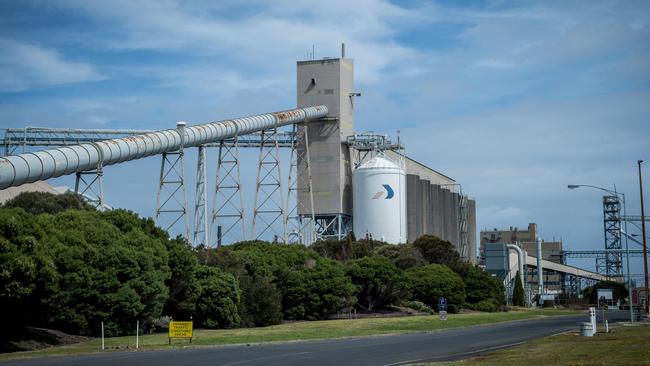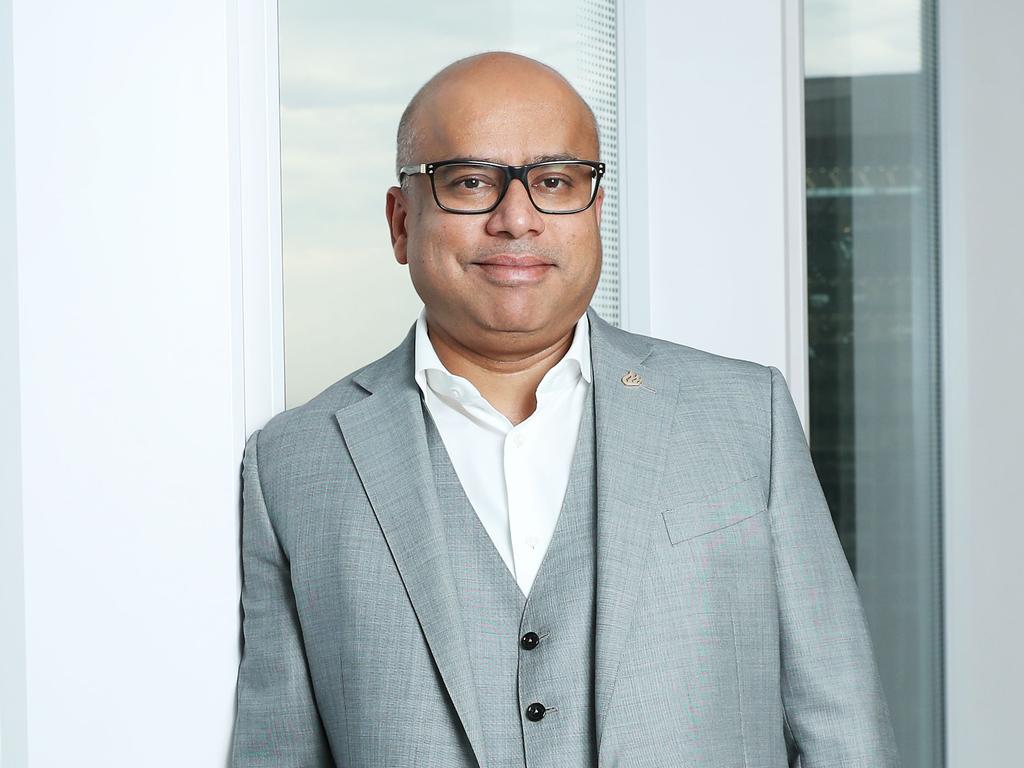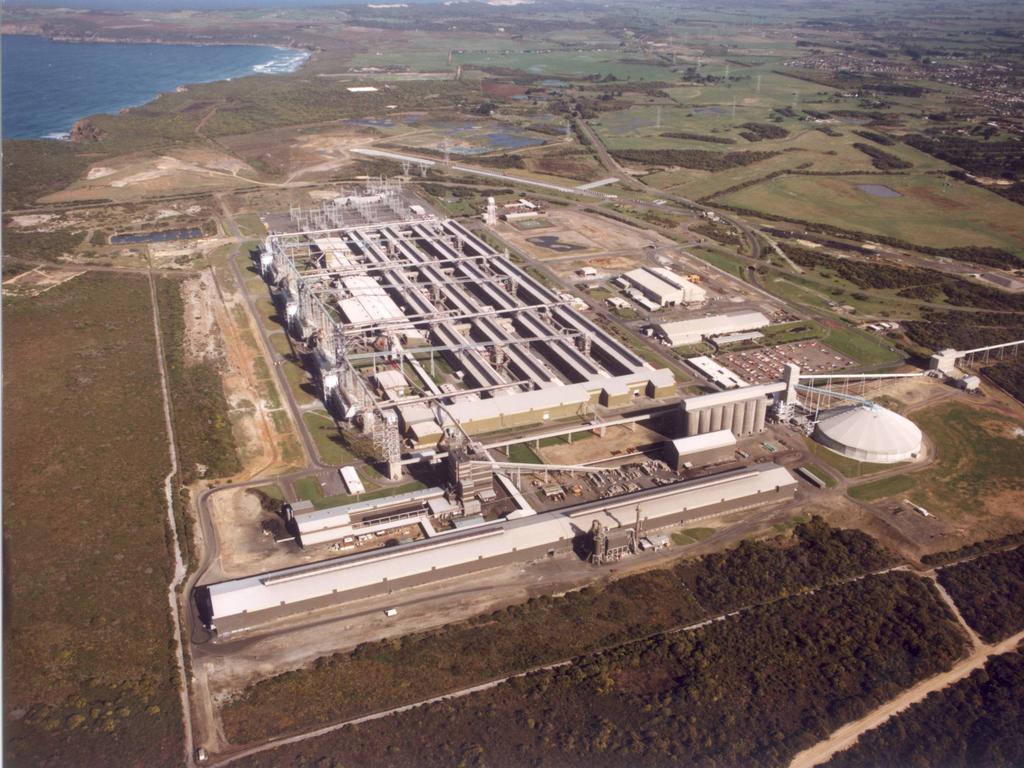Alcoa gives Portland smelter another 18 months, at least
Alcoa commits to keeping the Victorian aluminium smelter open until at least mid-2021, but complains about power costs.

The future of Australia’s aluminium smelters hangs in the balance as Rio Tinto intensifies its push for new power deals for its smelters and Alcoa says it hasn’t made a decision on the future of its Portland smelter when its current deal runs out in mid-2021.
Alcoa boss Roy Harvey on Thursday confirmed the company has committed to keep Portland running for at least another 18 months, under the terms of a 2017 deal that gave the Victorian operation subsidised power.
Speaking with analysts on Alcoa’s quarterly production update on Thursday morning, Mr Harvey played down any imminent threat to Portland, but said discussions with state and federal government were still ongoing, describing Australia as one of the “highest energy price markets on the planet”.
His comments mirror the language of Rio boss Jean-Sebastien Jacques, who told The Australian in January that energy policy is at the top of Rio’s concerns about operating in Australia.
“Clearly, energy policy needs to be resolved so that Australia, as an energy-rich country, has the affordable, secure and flexible supply it needs. We have gone from having some of the most competitively priced energy to nearly the most expensive in the developed world,” he said.
The Australian understands Rio executives have stepped up the pressure on power companies and state and federal governments this year, pushing for new deals on power costs that would underwrite their profitability in a tight aluminium market.
Last October Rio announced a formal review of the future of its New Zealand smelter over power prices and it is understood the company has indicated it is prepared to add its smelters in Queensland, New South Wales and Tasmania to that process if it cannot win power cost cuts of up to 30 per cent, or a deal that would offer equivalent cost savings for the smelters.
Rio is expected to give an update on the future of its Australian aluminium operations at its full-year results on February 26, six months after Mr Jacques warned they were on “thin ice” over high energy costs.
Alcoa also put Portland on notice in October, launching a review into its global smelting portfolio, targeting high cost and high carbon emission plants, including Portland.
Mr Harvey confirmed to analysts that carbon was as much an issue for its future as cost for its operations, saying he believed carbon emission intensive plants would eventually be penalised by buyers.
“Today we’re already one of the lowest per ton emitters of carbon dioxide among global producers and approximately 70 per cent of our metal is produced with renewable energy. And once we progress through our portfolio review, we expect to be the lowest carbon emitter with 85 per cent of our metal produced with renewable energy,” he said.
Mr Harvey said Portland would operate until at least mid-2021, under the terms of a 2017 deal with the Victorian government that handed it more than $200m worth of power subsidies.
“In between now and that particular moment in time we need to see if there is a re-powering solution or if there is another eventuality for that plant,” he said.
“It’s a plant that operates very stably, it is a very good technology. It just happens to be one of the highest energy price markets on the planet. So you’ll not see action on that, in fact part of that agreement is that we wouldn’t take action until the middle of 2021.”







To join the conversation, please log in. Don't have an account? Register
Join the conversation, you are commenting as Logout